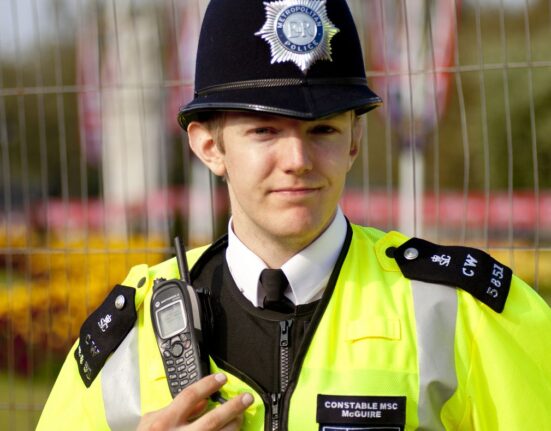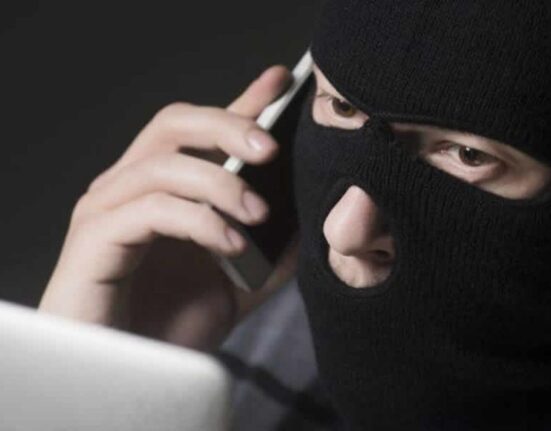US President Donald Trump sparked controversy by stating he could potentially bring back Kilmar Ábrego García, a man mistakenly deported to El Salvador. The situation unfolded after a series of legal battles that culminated in the Supreme Court ruling that the deportation was an error and urging Trump’s administration to assist in facilitating his return. Despite acknowledging his authority to intervene, Trump adamantly declared he would not take action to bring Mr. Ábrego García back to the US.
The case gained widespread attention when it was revealed that over 250 individuals, including Mr. Ábrego García, were deported under Trump’s administration as part of an initiative targeting foreign criminals. The deportation led to Mr. Ábrego García being transferred to a detention facility in El Salvador instead of his home in Maryland.
Salvadoran President Nayib Bukele also expressed reluctance to return Mr. Ábrego García to the US, further complicating the situation. In a recent interview with ABC News, Trump faced scrutiny over his stance on the matter, with critics pointing out that a simple phone call from him could potentially resolve the issue.
Amidst allegations that Mr. Ábrego García is affiliated with the notorious MS-13 gang, Trump stood firm in his belief that the deportee was not innocent and reiterated claims about identifying gang-related tattoos on him. However, experts have cast doubt on these assertions and questioned the validity of evidence presented by Trump’s team.
Challenged about complying with Supreme Court orders regarding facilitating Mr. Ábrego García’s return, Trump cited illegal entry into the US as a complicating factor despite previous legal proceedings granting protection against deportation for Mr. Abrego Garcia.
The interview also touched upon broader policy issues such as immigration reforms and trade tariffs proposed by Trump during his second term in office. His controversial tariff plans have stirred financial market uncertainty while his defense secretary’s involvement in sensitive military discussions via group chats raised concerns about national security protocols.
As critics continue to question Trump’s handling of immigration matters and international relations, the fate of Kilmar Ábrego García remains uncertain amidst ongoing legal battles and political tensions between nations involved.
Key Takeaways:
– “I could,” responded President Trump when asked if he could facilitate Kilmar Ábrego García’s return.
– Experts dispute claims made by Trump regarding alleged MS-13 affiliation based on tattoo evidence.
– Legal complexities surrounding Mr. Abregó Garcia’s status add layers of intricacy to potential repatriation efforts.
Through this unfolding saga involving mistaken deportations, alleged gang affiliations, legal battles, and diplomatic hurdles lies a complex web of human stories influenced by political decisions at the highest levels of power – leaving individuals like Kilmar Ábrego García caught in its midst.








Leave feedback about this